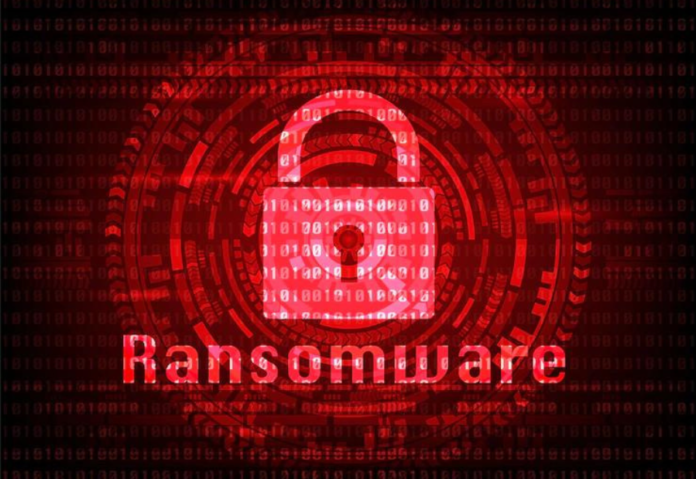The virtual ransomware drill was part of the International Counter Ransomware Initiative (CRI)-Resilience Working Group which is being led by India under the leadership of National Cyber Security Coordinator (NCSC)
On Tuesday, in a bid to prepare for a large, widespread cyber-security incident, a virtual ransomware drill was successfully conducted for 26 countries by India’s National Security Council Secretariat (NSCS) and the UK government, in collaboration with BAE Systems.
The virtual ransomware drill was part of the International Counter Ransomware Initiative (CRI)-Resilience Working Group which is being led by India under the leadership of National Cyber Security Coordinator (NCSC).
The virtual ransomware drill has been designed to support the mission of the CRI, and aims to allow participating CRI members to test their capability to respond to a major ransomware incident; demonstrates the benefit of sharing information and collaborating during a major incident; and provide opportunities for the CRI nations to share their approaches to countering ransomware.
Via the Immersive Labs platform, the virtual ransomware drill has been facilitated by BAE Systems, and the scenario was written specifically for the participants based on threat Intelligence and operational experiences.
To safeguard electricity distribution companies which are responsible for the distribution of electricity to domestic customers and are the last link to the public supply, the theme was based on energy sector that has seen some serious ransomware attacks in the recent past.
Around response to ransomware on Critical National Infrastructure, the virtual ransomware drill explored the complexity of decision-making.
Cyber-attacks on critical infrastructure by nation-state bad actors have increased significantly and India observed a 70 per cent increase in ransomware activity in the fourth quarter (Q4) of 2021, a new report said recently.
Like APT29 have continued to greatly increase their activity in 2022, over half of adversarial advanced persistent threat actor activity originated from Russian and Chinese backed groups and Russian-backed groups, as per the report by cybersecurity company Trellix.
Reports surfaced last week that a Russian malware planted from a server in Nigeria was used for a cyber-attack on Oil India’s (OIL) system in Assam.
The state-owned company had suffered a major cyber-attack in its field headquarters in eastern Assam’s Duliajan, with the hacker demanding $75,00,000.
Do Follow: CIO News LinkedIn Account | CIO News Facebook | CIO News Youtube | CIO News Twitter
About us:
CIO News, a proprietary of Mercadeo, produces award-winning content and resources for IT leaders across any industry through print articles and recorded video interviews on topics in the technology sector such as Digital Transformation, Artificial Intelligence (AI), Machine Learning (ML), Cloud, Robotics, Cyber-security, Data, Analytics, SOC, SASE, among other technology topics






